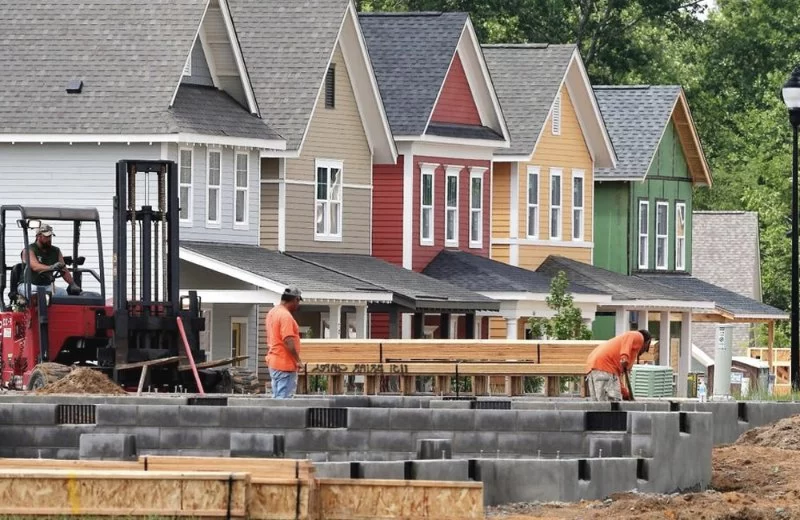- 1 - What-Eminent-Domain-Means-in-the-United-States
- 2 - The-Legal-Foundation-of-Eminent-Domain
- 3 - The-Process-of-How-Eminent-Domain-Works-in-the-U.S
- 4 - Real-Cases-That-Shaped-Eminent-Domain-Law
- 5 - Understanding-Just-Compensation-for-Property-Owners
- 6 - Rights-and-Protections-Available-to-Citizens
- 7 - Common-Challenges-and-Disputes-in-Eminent-Domain-Cases
- 8 - Expert-Advice-on-Navigating-Eminent-Domain
- 9 - Fred-Miller-Lawyer-Recommendations-for-Legal-Support
1. What Eminent Domain Means in the United States
The concept of how eminent domain works in the U.S. refers to the government’s power to take private property for public use, provided fair compensation is given. This power is designed to serve community needs such as building highways, schools, or public utilities, while balancing the rights of individual property owners.
2. The Legal Foundation of Eminent Domain
The authority for eminent domain comes from the Fifth Amendment of the U.S. Constitution, which states that private property shall not be taken for public use without just compensation. Each state interprets and applies this principle slightly differently, but the core protection remains consistent nationwide.
3. The Process of How Eminent Domain Works in the U.S.
The process usually begins when a government entity identifies land needed for a project. Property owners are notified, and appraisals are conducted to determine market value. If both sides agree on compensation, the process concludes. However, disputes often arise, leading to negotiations or court proceedings where a judge or jury decides the final amount.
4. Real Cases That Shaped Eminent Domain Law
One of the most famous cases, Kelo v. City of New London (2005), expanded the definition of “public use” to include economic development projects, sparking national debate. Stories like these demonstrate how eminent domain not only affects individuals but also influences public policy and community growth.
5. Understanding Just Compensation for Property Owners
Just compensation is meant to reflect the fair market value of the property. However, disputes often arise over what constitutes fair value, especially when property has sentimental or unique business importance. Owners must carefully evaluate offers and, if necessary, challenge them to ensure their rights are respected.
6. Rights and Protections Available to Citizens
Property owners have the right to contest the taking, question the necessity of the project, and demand fair compensation. They are also entitled to legal representation throughout the process. Understanding these protections empowers individuals to make informed decisions when facing eminent domain actions.
7. Common Challenges and Disputes in Eminent Domain Cases
Disputes often center on whether a project truly serves the public, or whether the compensation offered reflects true property value. Emotional attachment to homes or family land further complicates matters. These challenges highlight the tension between progress and personal property rights in American society.
8. Expert Advice on Navigating Eminent Domain
Experts recommend seeking professional legal advice as soon as eminent domain proceedings begin. Independent appraisals, careful review of project necessity, and strategic negotiations often make the difference between fair compensation and undervaluation. Experienced lawyers also guide owners through the complexities of state-specific laws.
9. Fred Miller Lawyer Recommendations for Legal Support
If you want to understand how eminent domain works in the U.S. in practical terms, Fred Miller Lawyer provides trusted legal support. With expertise in property rights and compensation disputes, they ensure property owners receive the protection and fair value they deserve in eminent domain cases.


 personal injury lawyer stroudsburg
personal injury lawyer stroudsburg jules martin haas
jules martin haas weinberg martin birmingham
weinberg martin birmingham gilbert fisher
gilbert fisher okhovat law firm
okhovat law firm pratcher krayer llc
pratcher krayer llc